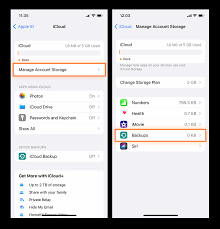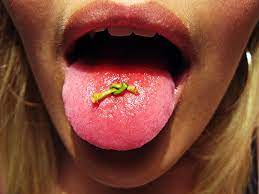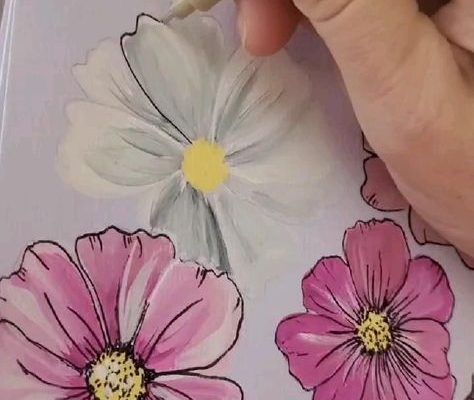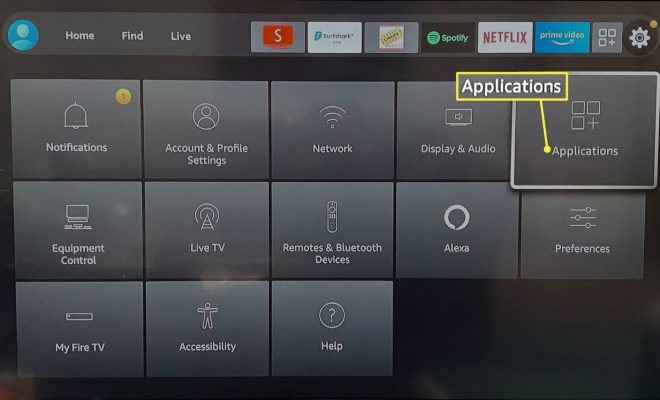4 Ways to Reduce Cystic Acne Swelling
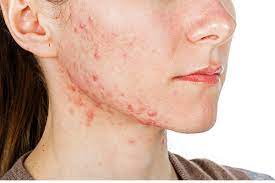
Introduction:
Cystic acne, one of the most severe forms of acne, can cause significant discomfort and leave lasting scars. It is characterized by deep, inflamed breakouts that occur when pores become clogged by bacteria, oil, and dead skin cells. Reducing the swelling of cystic acne is essential for proper healing and to minimize scarring. In this article, we will explore four methods that can help reduce cystic acne swelling.
1. Apply Cold Compresses:
An effective way to reduce the inflammation caused by cystic acne is to apply cold compresses. This method constricts blood vessels and lessens redness and inflammation. For best results, wrap a few ice cubes in a soft cloth or use a cold gel pack and apply it to the affected area gently for about 10-15 minutes. Be cautious not to apply ice directly to your skin, as it can cause damage.
2. Use Over-the-Counter Medications:
Anti-inflammatory over-the-counter medications such as ibuprofen can provide temporary relief from cystic acne swelling. These medications reduce inflammation and ease pain associated with deep breakouts. Consult your healthcare provider or pharmacist before using any over-the-counter medications, as some may interact with other medications you might be taking.
3. Incorporate Topical Treatments:
Topical treatments containing salicylic acid, benzoyl peroxide, or sulfur can effectively address the root causes of cystic acne – excess oil production, bacteria buildup, and inflammation. They also encourage exfoliation of dead skin cells that contribute to clogged pores. Apply these treatments to the affected areas as instructed by your healthcare provider or as per guidelines provided on their packaging.
4. Practice Proper Skincare Routine:
Make sure you follow a gentle yet efficient skincare routine that targets cystic acne concerns without causing further irritation or damage. This includes using a gentle cleanser, followed by an oil-control toner and a lightweight, non-comedogenic moisturizer. Additionally, opt for non-abrasive exfoliants like alpha or beta-hydroxy acid-based products rather than harsh scrubs. Always wear sunscreen during the day and avoid touching, picking, or squeezing your cystic acne to prevent infection and scarring.
Conclusion:
Cystic acne can be challenging to deal with; however, taking prompt action to reduce swelling is crucial for successful treatment and scar prevention. Implement these four methods – applying cold compresses, using over-the-counter medications, incorporating topical treatments, and maintaining a proper skincare routine – to minimize the swelling of cystic acne effectively. Furthermore, consulting with a dermatologist or healthcare provider can help personalize your treatment plan and guide you toward long-lasting relief from cystic acne.

